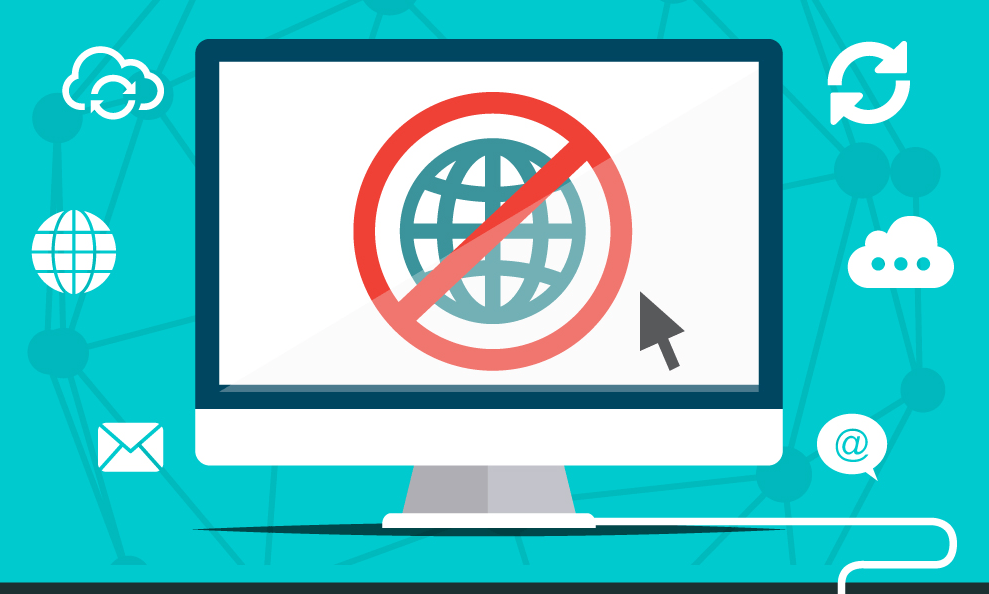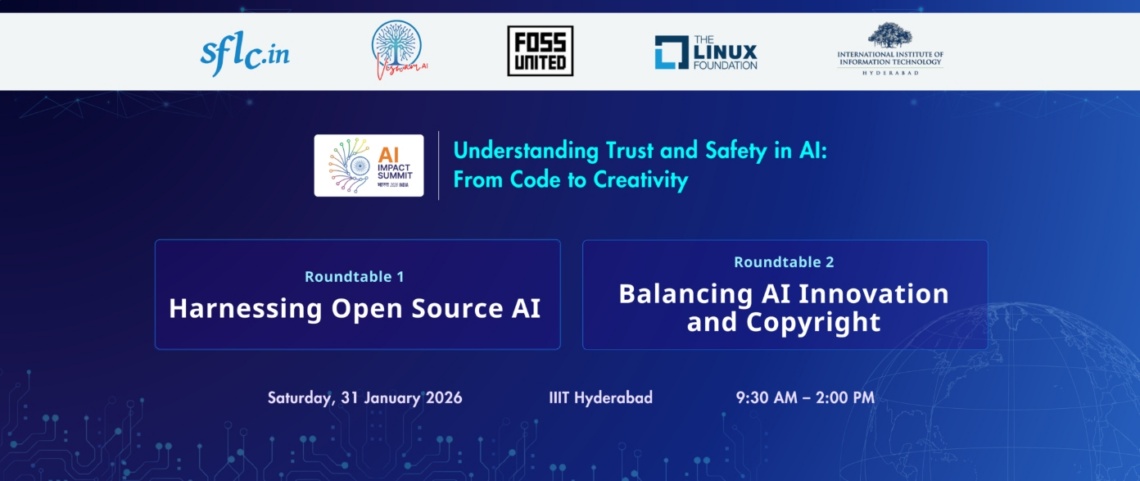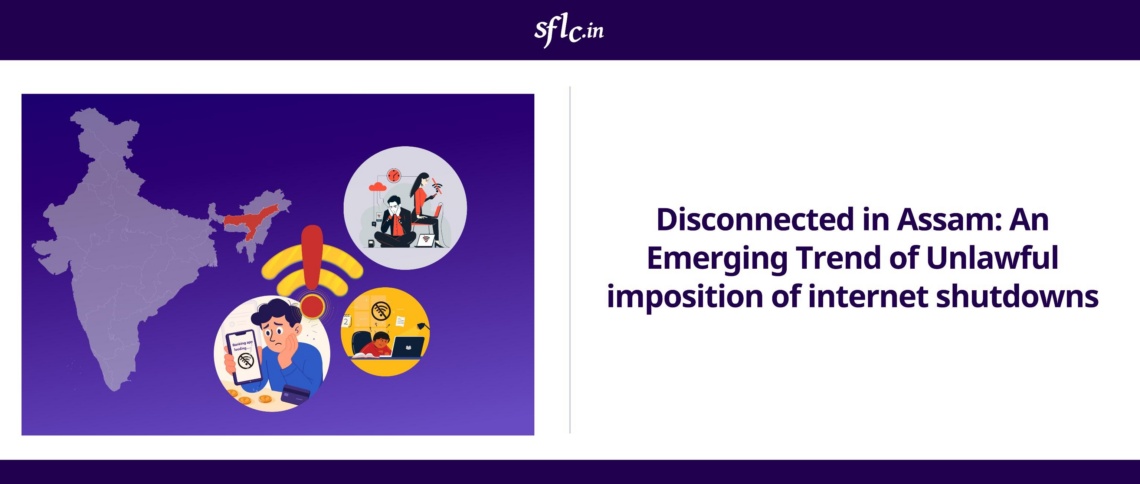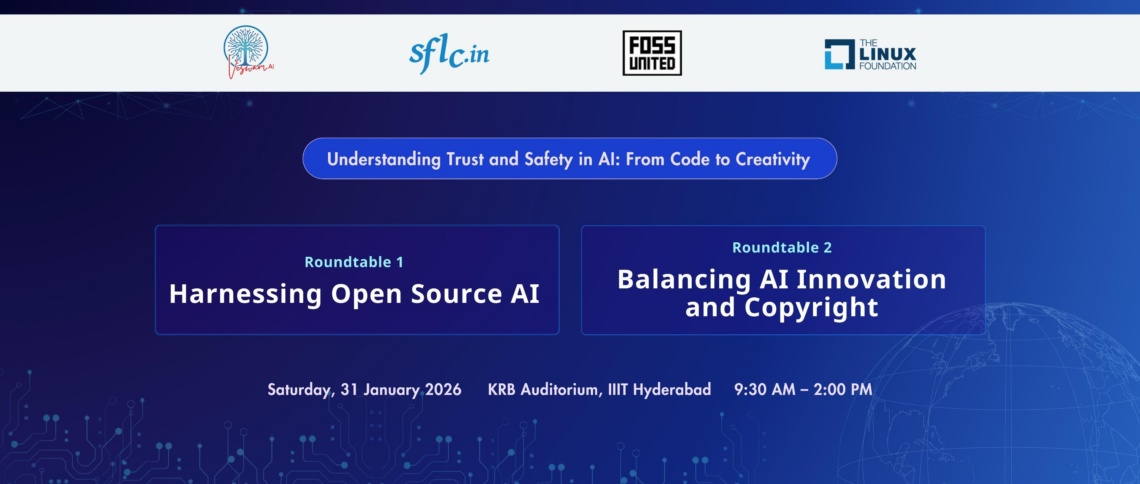The Internet Archive – a non-profit initiative that has been archiving online content like web pages, books, text, audio, video, images, and software since 1996 – has become one of the latest casualties in the Indian movie industry’s crusade against online piracy. As of August 8, 2017, http://archive.org along with 2649 other URLs has been blocked from public access across the country pursuant to orders issued by the Madras High Court (available here and here). The orders were issued in connection with civil suits filed against 37 ISPs, 5 cable operators and 8 unknown defendants (impleaded as “Ashok Kumar” – the Indian equivalent of “John Doe”) by Red Chillies Entertainment and Prakash Jha Productions (respective producers of Jab Harry Met Sejal and Lipstick Under My Burkha), alleging copyright infringement of their works.
Users in some regions have reported being able to access the website still, and the “https” version of the site continues to be accessible for all at the time of writing this post, but most users trying to access the website are simply shown the message “Your requested URL has been blocked as per the directions received from Department of Telecommunications, Government of India. Please contact administrator for more information.” Interestingly, the Internet Archive was reportedly blocked once before in late 2014/early 2015 as part of a larger group of websites for unknown reasons, but this block was subsequently reversed.
This instance of overbroad censorship is a disturbing development for many reasons, not the least important of which is that the Internet Archive, specially its web page archiving component – the Wayback Machine, has been a very useful tool in ensuring accountability amongst public officials and others. The Wayback Machine allows users to browse over 302 billion screenshots of web pages taken over the past two decades, enabling them to see what a web page looked like on a particular date and even to view content that may since have been altered or removed. Moreover, it is most unfortunate that Indian copyright law has lent itself to misuse by overzealous litigants who seek to block large portions of the Internet over alleged copyright infringements, and by courts that readily grant grotesquely disproportionate reliefs without necessarily taking the time to properly evaluate the legitimacy of claims. The Madras High Court in particular has reportedly become somewhat of a preferred jurisdiction to obtain such blocking orders due to the ease with which this can be done as compared to other states.
By blindly allowing the plaintiffs’ request to have a large number of URLs blocked over alleged copyright infringement, Indian citizens have effectively been denied access to a crucial Internet resource that infused an extent of accountability into public life. This heavily underscores the need to re-visit norms governing online censorship, and to hold the judiciary to a greater standard of accountability when entertaining suits such as the present one.




